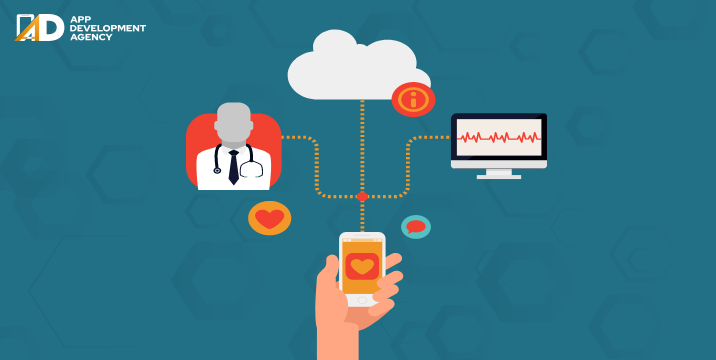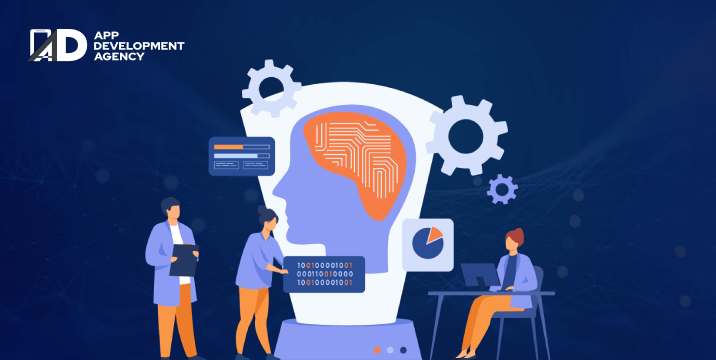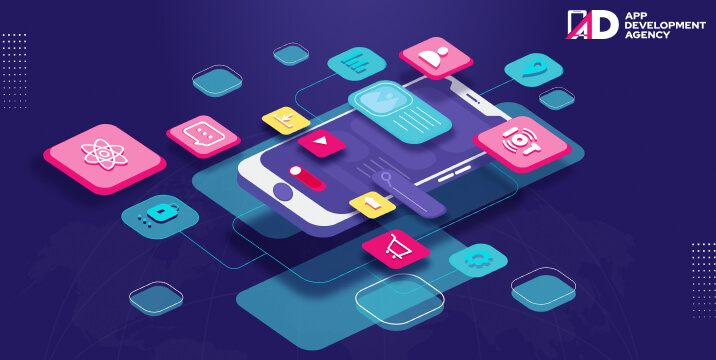Artificial Intelligence (AI) Development Companies learn from critical user-generated data that can guide corporate decisions. It fixes complex business issues, introduces intelligence in mobile applications, predicts and responds according to desired user behaviour. It bridges the gap between customers and businesses like never before.
AI pulls in improved security. It learns from a user’s repeated actions, monitors activities on a specific device and discovers unusual patterns based on known data access and locations associated with users, profiles and permissions. It monitors user’s behaviour instead of code signatures to allow for quicker detection of suspicious activity.
iPhones come with a dedicated neural engine to accelerate workloads. Android’s Google Pixel incorporates on-device machine learning. An increasing number of users buy smartphones and sign up for services – exploding the Internet of Things ecosystem that expedites existing processes.
AI inferencing platform drives AI processing with a smartphone platform like Android and IOS. There are workloads like speech–to–text translation and recommender engines like Google Assistant and Siri that utilize AI NN models (Artificial Intelligence Neural Network) on-device for speed and latency advantages.
Artificial Intelligence is a broad term with enormous impact. It optimizes the searching process. It learns and understands human behaviour that helps businesses in formulating their next moves. It integrates audio and video recognition in the app. It also creates an intelligent and friendly digital assistant that warns or predicts your potential moves online.
Machine learning is the fuel that drives Artificial Intelligence. It automates the tasks and makes computers understand human commands, and interprets their behaviour intelligently.
Any minuscule development in ML bolsters app development. Businesses look forward to imbibing all goodness that it offers. The SDKs of iOS and Android include several APIs that allow developers to tap into the machine learning capabilities of the device.
Machine learning algorithms use unstructured data often to provide worthy insight into user behaviour. This practice makes more clients ask for tools from software developers leveraging ML to improve services – to learn about what users are interacting with, what they like or dislike about a specific app/UI/functionality.
Mobile app development finds patterns in big data that they collect from their users with the help of AI. Also, artificial intelligence pairs up with cloud computing (hybrid cloud approach) so that start-ups do not have to invest in servers to establish their services. Third-party cloud services empower the ML at the developer’s disposal.
Installing and implementing machine learning consumes iterative phases of trial and error to get to the point where you desire to be. A team of data scientists handles the data with expertise, but it is better to have a pilot program internally. Many open-source models are at your disposal for training; in case the businesses are incapable of establishing models on their own. Also, it is vital to seek technical expertise, support, pricing, and data security while deciding on a provider. Plus, it is ‘vital’ to ensure that the cloud service provider has a proven track record of preventing security breaches and downtime.
AI is applicable in – (1) healthcare, (2) education, (3) finance, (4) retail and e-commerce, (5) food tech, (6) banking and financial services, (7) logistics and transportation, (8) travel, (9) real estate, (10) entertainment and gaming, (11) law, (12) marketing and advertising, (13) finance, (14) customer service, (15) chat-bots and (16) cyber-security – artificial intelligence has become a critical part of the mobile applications.
App development incorporates many challenges, and these business decisions trickle down to your user experience. Machine Learning Companies should ensure to do the right thing for their users.

Healthcare industry is stepping up by the day with every new advancements in E-consultations, real-time diagnosis, telemedicine, AI enabled robot systems to do routine unskilled tasks, accessing digital therapeutics provided by immersion technology tools. Healthcare industry data flows from operations to analysis. It eventually has to abide by a structure to store critical information about …
Continue reading “How Does Healthcare Intersect with Cloud Computing in 2023?”
Read More
Instagram suggests reels based on what you’ve watched before, but how does it decide what to suggest? Using machine learning algorithms, Instagram determines which reels a user should engage with based on which reels they have interacted with previously and whether they have been in contact with the creators. Machine learning (ML) is the branch …
Read More
JavaScript frameworks like React, Angular, Vue, Svelte and JS templating engines like Template 7, Squirrelly, JSRender, Jade Language, Marko, Hogan, Webix, Pug, Underscore, Nunjucks, EJS, doT, Handlebars, and Mustache offer simple templates to give developers a starting point and let them go over that first bump of getting something, anything in the browser. Once that …
Continue reading “ReactJS for IoT Apps in 2023 and Beyond”
Read More